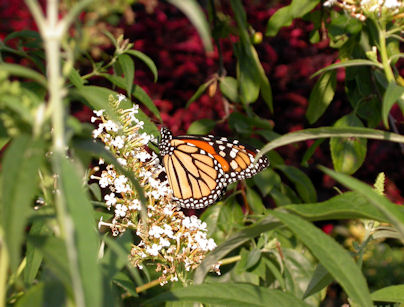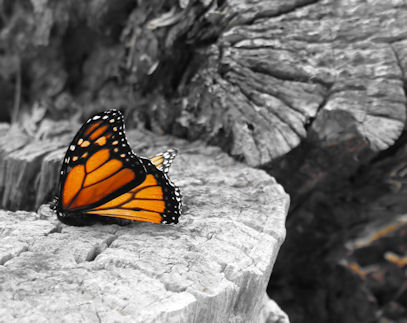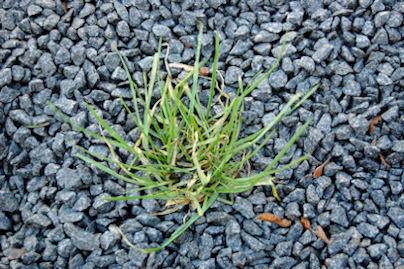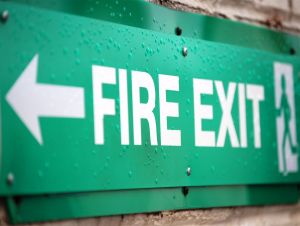about a village of relationships with people we don’t know.
I spent many summers in a village. The main street had a bank, a grocery, a bar, a funeral home, a church, a park, and and an ice cream shop. You could find a bowling alley, a school, a gas station, and the city dump.
The town was too small for a stop light. Traffic didn’t find it useful. The kids I played with in that village had the run of the place. We knew who lived in every house on every street. We knew who told great stories, who let us use their yard, and who gave out the best treats on Halloween.
People were connected by stories and by history. Everyone knew my aunt who I stayed with. They knew she was my dad’s sister. They knew him. They knew me. We knew them and their families too.
In my own town, the scale was slightly larger. Still we knew when something was being built anywhere on any street.
I knew all of the kids in my neighborhood and all of the kids in my school. If we met folks from across town, it was easy to find out who we all knew. Even now, when someone from my hometown happens along, it’s “Oh you’re from there, do you know . . .?” The answer usually gets to a “yes,” by question three.
This virtual village can be similar, but a huge difference occurs shortly after a person takes up residence here.
At some point we cross a line that only famous people used to see. That’s when we find that we know far fewer people than the number of people who believe they know us. Social networking and social media have put this process on an even faster track, but it seems a natural phenomena of an interactive web. We attract, collect, and connect with
people who read what we write without leaving word,
people who follow our feeds, our photos, and our twitters,
people who from across time who will read in some future years,
possibly one day intelligent life from other places than this planet . . .
Surely those people think they know us. They form opinions and decide our beliefs without benefit of any personal interaction — just as we might do about Heath Ledger’s final role and the end of his life — and like Heath, we don’t even know that these people exist.
It changes something to consider that people are having one-way relationships with us.
How do you manage a village of relationships like that? Or do you not?









